Honolulu was just ranked among the world’s five safest cities, ahead of Vienna and Tokyo, while just behind Zurich and Reykjavik. Travelers who visit often agree, but they’re also calling it expensive. We weren’t surprised by either reaction.
After years of walking Waikiki in the evening and watching tourists leave valuables on beach towels, we’ve seen what the Berkshire Hathaway study published in Travel + Leisure now confirms: Honolulu feels calmer than almost any city its size. The question is whether that calm still comes at a fair price for Hawaii visitors.
A well-earned, important ranking.
The report measures how secure travelers feel when visiting destinations worldwide, including Hawaii. Based on perceptions rather than police data, Honolulu jumped from 13th last year to 5th this year. We spend time in the city often and have felt the same way for years. It is generally friendly, forgiving, orderly, and easy to navigate, even in the busiest neighborhoods.
BOH editors regularly travel to Seattle, Chicago, and Los Angeles, among other places, and the contrast is immediate. In Seattle, you calculate which blocks to avoid after dark, including around the famous Pike Place fish market. In Chicago, we watch our surroundings and keep valuables in sight, even in daylight. In Los Angeles, it feels unpredictable block by block: safe in Santa Monica, edgy in Hollywood, sometimes tense in DTLA. In Honolulu’s Chinatown, in the early evening, we have personally never felt unsafe. And Waikiki is even better. That difference feels real to us and worth acknowledging, even if it now costs $300-$400 a night or more to experience it.
Our take on safety in Honolulu.
We walk Honolulu’s streets often and almost always feel at ease. That’s a combination few cities of its size can match. The ranking feels well-deserved. But here’s the tension: Honolulu is one of the world’s safest cities, yet it’s also one of America’s most expensive destinations. Those two truths live side by side, and travelers are forced to choose which matters more. Security is Honolulu’s superpower. Affordability is the test it hasn’t figured out quite yet.
Honolulu’s affordability paradox.
Security is only part of the story. While Honolulu may feel safe, for many, it no longer feels affordable. Hotel rates on Oahu remain among the highest in the country. September 2025 data from the Hawaii Tourism Authority shows an average nightly rate of $259, with luxury properties priced far higher. Airfares are up from last year as well.
Context matters here. Honolulu is still the most affordable Hawaiian island for many travelers, with more hotel inventory, flight competition, and mid-range choices than Maui or Kauai. (For comparison, September 2025 average daily rates were $528 on Maui and $419 on Kauai, according to the Hawaii Tourism Authority.)
A couple from Portland told us they switched to Oahu this year because “we could actually find a hotel starting under $300, which was impossible on Maui and Kauai this year.” So while prices have climbed everywhere, Honolulu still carries the budget end of the Hawaii spectrum.
Not everyone agrees that costs have spiraled out of control. A California reader told us, “We always start and end in Honolulu. You can still find deals if you plan early, and I feel safer here than anywhere else.” For visitors like her, the peace of mind is worth paying for, especially compared to what they experience at home.
Bob B, who was born here, told us, “It would be nice to go back regularly to visit friends, but you have priced and taxed yourselves right out of the market.” Those competing views capture the paradox perfectly. Honolulu is both Hawaii’s most affordable and its most expensive destination, depending on where you stand.
Where safety meets financial reality.
The recognition may be global, but the reality is uniquely Hawaii. The same week the list was released, Honolulu police reported another rise in car break-ins at beach parks. These nuisance crimes rarely change how secure visitors feel, but they’re a reminder to stay alert nonetheless. Residents see risk differently, from crosswalks and aging sidewalks to the uneven upkeep of Waikiki and the ongoing struggle with houselessness that shapes many public spaces across Oahu.
We have experienced both sides of that picture. When we walk a few blocks off Kalakaua, we notice where the sidewalks end, where the lighting thins out, and where the tents begin. Some of the city’s public bathrooms, including at Ala Moana Beach Park, are in rough condition and have become part of that same conversation about maintenance and dignity.
For visitors it can feel jarring. For those who live here, it is part of the daily backdrop, a reminder of how fragile life in paradise can be. Mary B, who visited with her family, called the sidewalks “a literal obstacle course.” Victoria said some areas “feel neglected and run down.”
They are not wrong, and they are not alone. The Aloha Spirit that reassures visitors does not always carry into everyday life for the people who live here.
There is progress, too, and we’ve noticed it. Karen L, a frequent traveler, wrote about her most recent airport experience. “Compared to 2020, our trip this June was a welcome change, with larger bathrooms, more transport between gates, and helpful staff everywhere.”
We noticed those same improvements ourselves. For older travelers, especially, those minor upgrades make the trip smoother and remind everyone that care still counts.
What this means for travelers.
For first-time visitors, the ranking is reassuring. Honolulu remains one of the calmest big cities in the world, projecting a semblance of order that stands out in travel. For repeat visitors, the challenge is less about safety and more about value. The safest city may also be one of the most expensive, and planning ahead now matters more than ever.
Savvy travelers are finding workarounds to help control costs and stretch budgets. There are excellent values if you look beyond the resorts, from local plate-lunch spots and neighborhood diners to food trucks. Many visitors say those small discoveries make the trip feel more authentic and less costly at the same time.
For more context on how prices are reshaping Hawaii travel, see Visitors Say Hawaii’s New Fees Cross The Line, and New Hawaii Fees Starting In 2026 | The Price of Paradise?. Honolulu’s new recognition may be the bright spot in that broader conversation about value, cost, and how far the islands can help stretch a traveler’s budget.
Honolulu has earned its reputation as one of the world’s most secure cities. The next challenge is keeping that sense of peace and that spirit within reach for everyone who wants to return.
How safe do you feel in Honolulu?
Get Breaking Hawaii Travel News
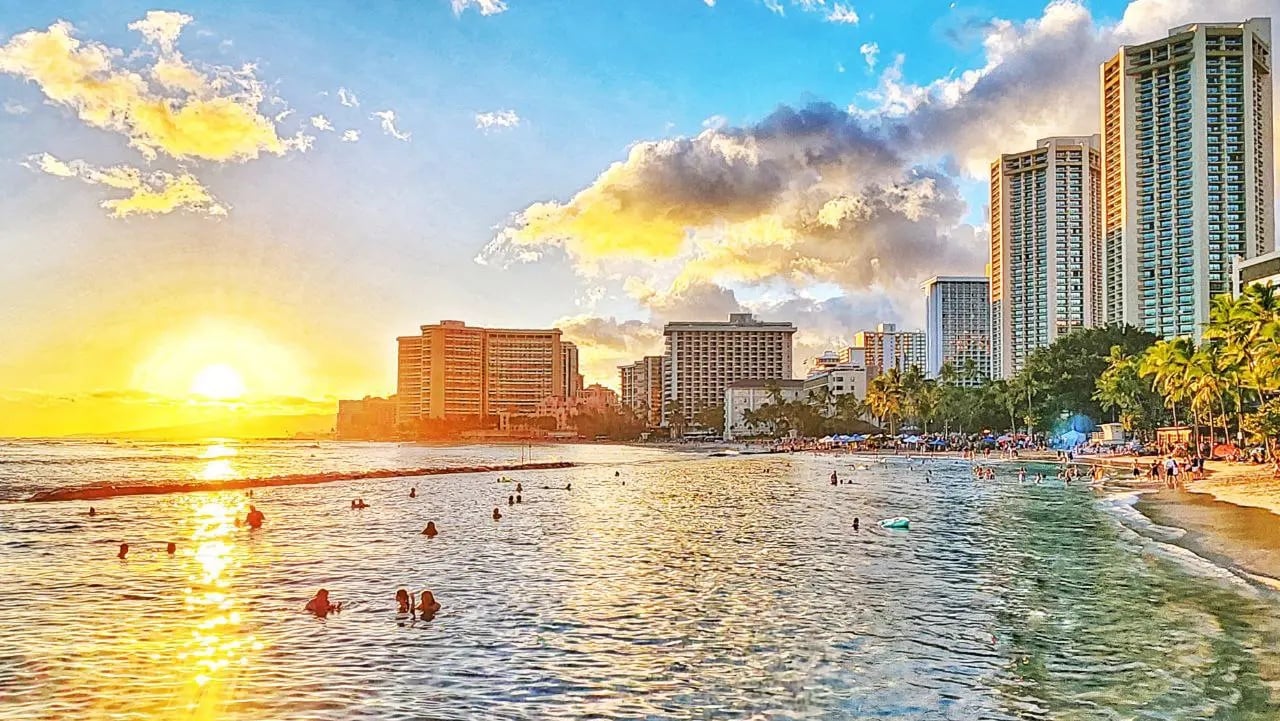


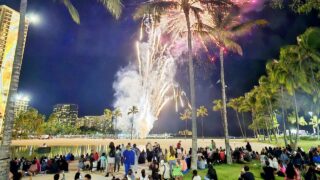
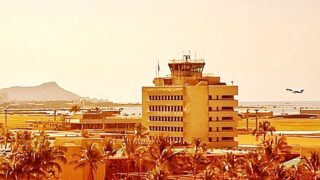
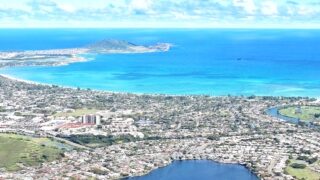
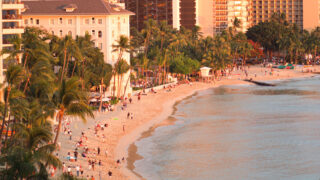
We have always felt safe in Honolulu. We’ve been traveling to Hawaii for 60 years since the mid-1960s. Through the Years there have been challenges but Honolulu always feels warm and welcoming. It starts from the moment you step off the plane and feel the gentle Hawaiian trade winds and the smell of the plumeria. Even though we now spend our time at the timeshare on Kauai, we still try to spend a couple of days in Honolulu at the beginning or the end of our travels. The sights and sounds of Honolulu are exciting and exhilarating without the hassle of a Los angeles, Miami beach, or New York City.
Aloha to all.
Another thought. Some locals are somehow offended by eye contact. Avoid it. Those are the “mind your own business” types that may not appreciate tourists or locals from other neighborhoods (sometimes the worst!), .
Homeless camps anywhere are sketchy.
Waikiki seems really cleaned up and safe these day.
Tip, don’t bring valuables if you’re planning to leave them in your rental car. “It don’t matter if you lock your door, the boys will still score”.
Who’s the world? Safest. I think not. Look at all the property crimes in Hawaii or the assaults. I think the real question is Who’s working for Who? Is this another Hawaii plug story bit?